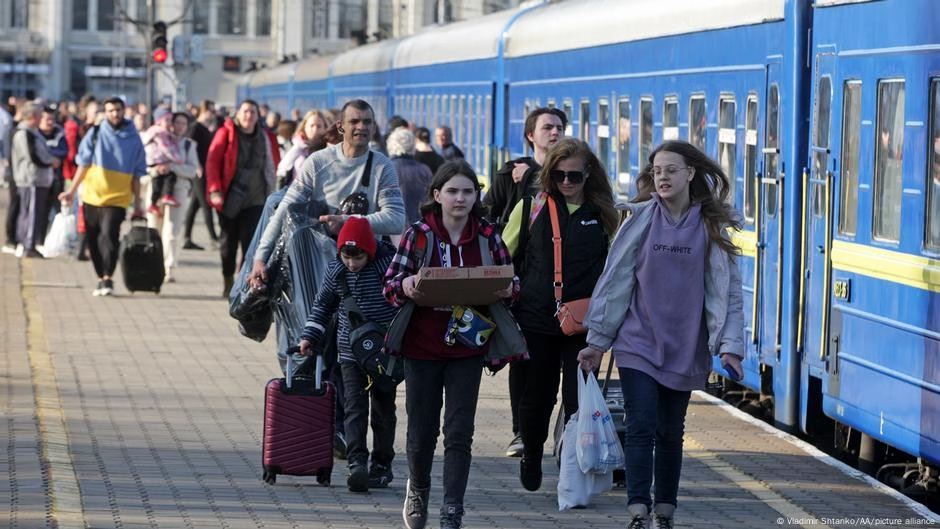Lukasz Jakubowski, an anti-discrimination coach for the Polish association Never Again in Warsaw, reports a rising trend of Polish children insulting and even physically attacking their Ukrainian classmates. Jakubowski notes that in one school he regularly visits, Ukrainian students encounter difficulties speaking Polish, facing harassment from other children who insult them and urge them to return to Ukraine. These incidents have been documented by the association in its “brown books” reports since 2009.
The influx of about 1 million Ukrainian refugees to Poland following Russia’s invasion in February 2022 has led to a significant increase in attacks against this group. Internet hate speech against Ukrainians is also on the rise, with accusations that the Polish government is too generous to Ukraine, sparking calls for resistance against a perceived “Ukrainian storm.” In March 2024, a swastika was painted on the headquarters of The Ukrainian House foundation in Warsaw, which the foundation head suggests is linked to growing anti-Ukrainian attitudes in Poland.
Protests against the opening of the EU market for Ukrainian grain and the entry of Ukrainian transportation companies into Poland have also been marked by negative sentiments and hate speech towards Ukrainians. These protests, which occurred in 2023 and 2024, have been supported by the far-right Confederation party. Additionally, physical abuse cases against Ukrainians have been documented by Never Again.
A survey by the Mieroszewski Centre revealed a decline in Polish sympathy for Ukrainians. Only 25% expressed a positive opinion about Ukrainian refugees, while 30% held a negative view, and 41% remained neutral. The situation is reciprocal, with Ukrainian attitudes toward Poles also deteriorating. Originally, 83% of Ukrainians viewed Poles positively, but this dropped to 41% by November 2024.
Despite this, an increasing pragmatic relationship is evident, with Poles respecting Ukrainians’ resilience and supporting their NATO and EU aspirations. However, competition on the labor market adds to tensions. Activist Natalia Panchenko, known in the Ukrainian diaspora in Poland, experiences hate and abuse, yet emphasizes that in real life, most Poles do not harbor animosity towards Ukrainians.
Politicians are increasingly using anti-Ukrainian sentiments to gain support before the presidential election in May. Candidates are proposing restrictions on child benefits, currently offered to all parents in Poland, to only those Ukrainian parents who work and pay taxes. This has sparked controversy and concerns of discrimination given that Ukrainian refugees rely heavily on these payments for support.
Source: https://www.dw.com/en/are-polish-attitudes-to-ukrainian-refugees-souring/a-71921543?maca=en-rss-en-all-1573-rdf







